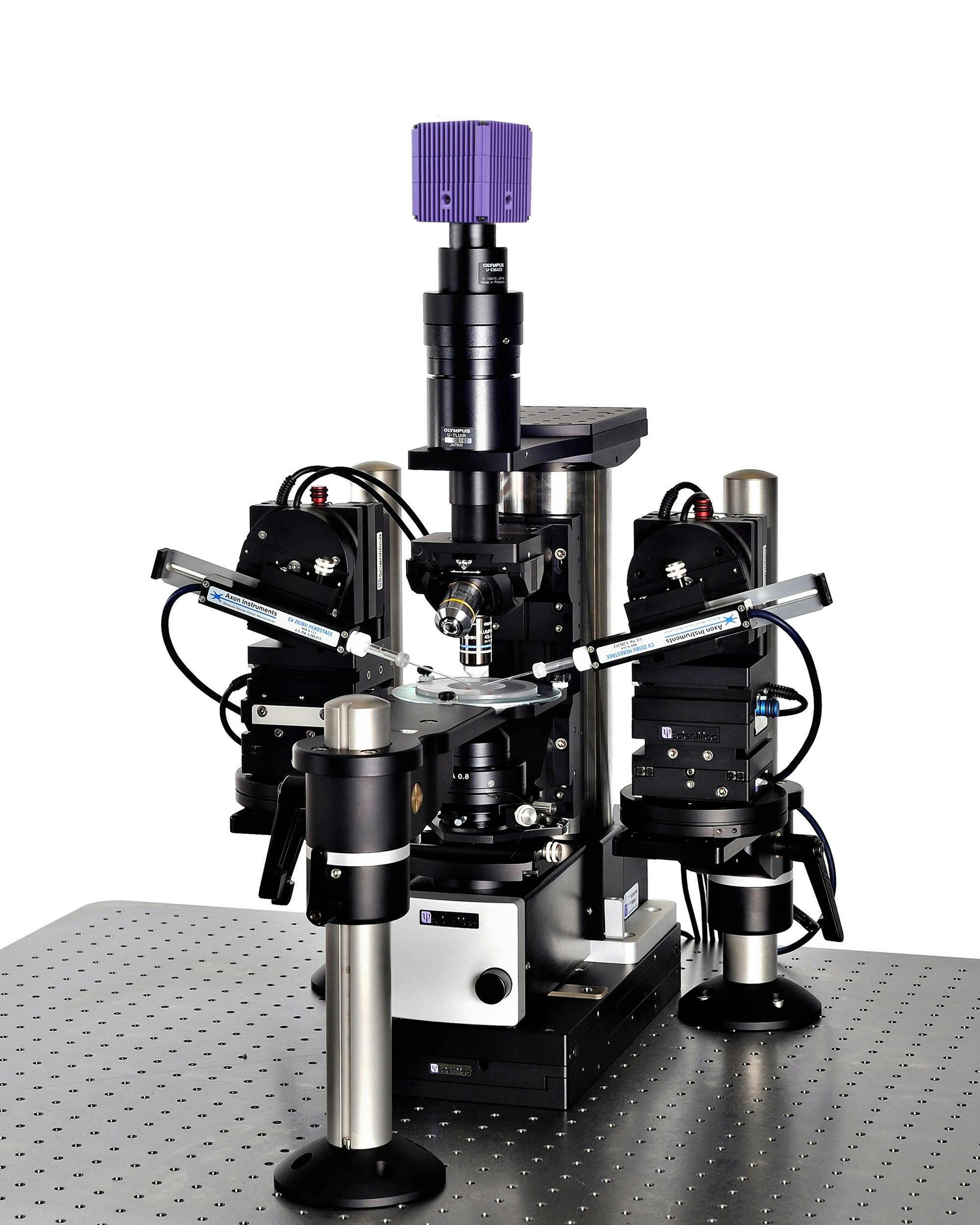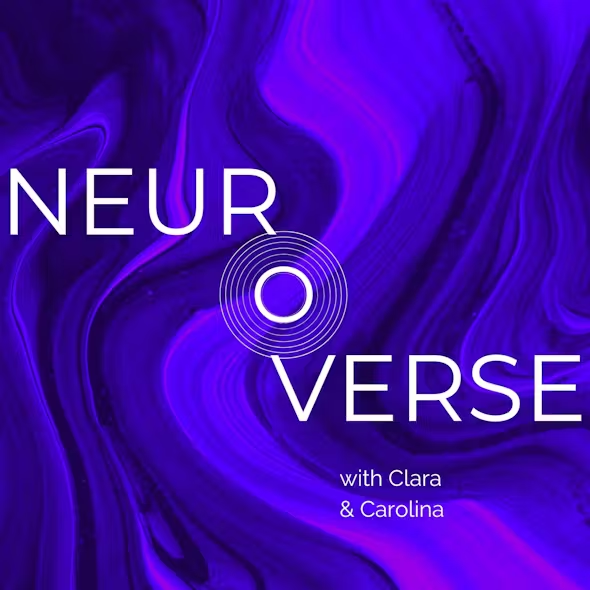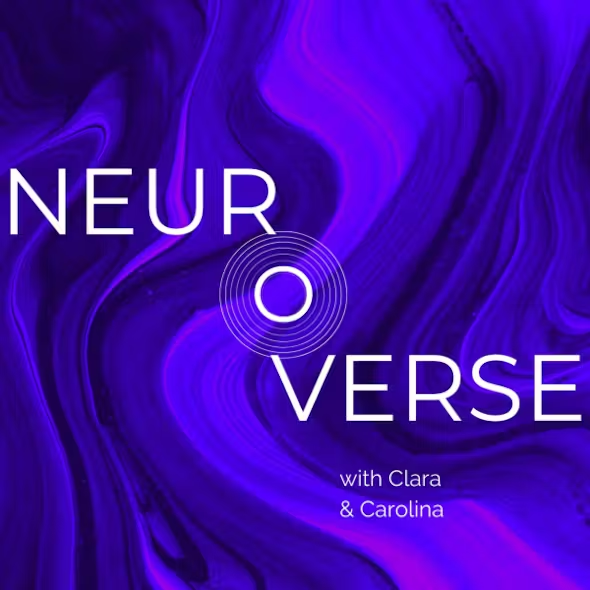

Neuroverse 11. A Podcast by Neuroverse: Tools for Looking into the Brain - How Zebrafish Illuminate Spinal Cord Function for Movement and Locomotion (with Prof. David McLean)
About the episode
In the eleventh episode of Tools for Looking into the Brain, created in collaboration with the Neuroverse Podcast, Clara and Carolina are joined by Professor Dave McLean. Dave is a Group Leader at the University of Edinburgh, where he researches the neural circuitry underlying locomotion.
In this episode, he discusses the use of zebrafish as a model organism for studying the neural circuits responsible for movement and explores how both innate and learned motor behaviours emerge as the nervous system matures. His lab combines advanced imaging, electrophysiology, and behavioural analysis to map the organisation and recruitment of specific neuron types, providing fundamental insights into how vertebrate locomotor control circuits are constructed and function to produce flexible motor output.
As part of his research, Professor McLean’s lab uses a Scientifica’s SliceScope Pro system.

Scientifica SliceScope Pro 1000
An integrated electrophysiology system for patch clamp recording. The versatility of the system means that you can perform slice electrophysiology, fluorescent imaging, and in vivo experiments.
About Professor Dave McLean
Dave obtained a BSc in Biology followed by a PhD in Neurobiology with Keith Sillar at the University of St Andrews in Scotland, where he investigated the mechanisms underlying motor behaviour in developing frogs. He then completed a postdoctoral fellowship with Joseph Fetcho at Stony Brook University and later Cornell University, studying how spinal cord neurons control swimming movements in larval zebrafish.
In 2008, Dave became an Assistant Professor of Neurobiology at Northwestern University before moving to his current position at the University of Edinburgh, where he was appointed a Personal Chair of Neural Development and Behaviour in 2025. His lab focuses on how neural circuits in the brainstem and spinal cord develop and ultimately control the speed and direction of locomotor movements in developing zebrafish. To do this, they use a combination of behavioural, imaging, electrophysiological and molecular approaches.
By uncovering the fundamental principles of motor circuit organisation, his work provides insights into disorders that affect our ability to move, such as ALS, epilepsy and spinal injury.

Professor Dave McLean, Group Leader at the University of Edinburgh
About Carolina and Clara
Carolina and Clara are both neuroscientists and curious about the world and our perception of it. Their love for exploring ideas and bridging connections across various disciplines drew them to the interdisciplinary field of neuroscience. Together, they established Neuroverse as a platform for exploring and sharing ideas within and beyond neuroscience. Their goal is to create content that is accessible and engaging for both scientists and non-scientists alike.

Neuroverse Hosts, Carolina Soares and Clara Lenherr
The podcast series
In collaboration with Neuroverse, this podcast series, "Tools for Looking into the Brain," is dedicated to creating engaging and informative content exploring various techniques used by researchers in neuroscience (with a focus on electrophysiology), as well as general advice on navigating the world or research. Throughout this series, we'll have special guest appearances, offering valuable insights and perspectives from experts in the field.




)